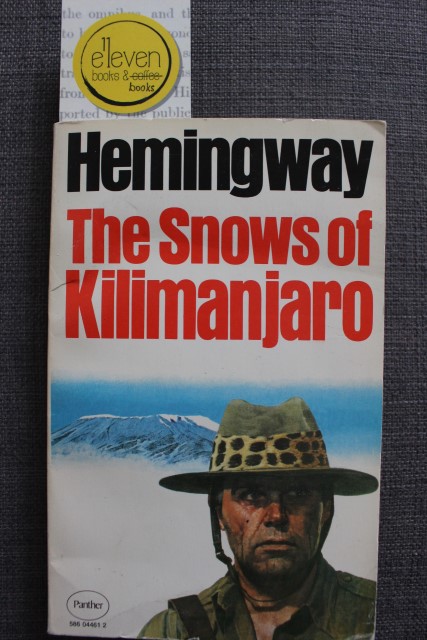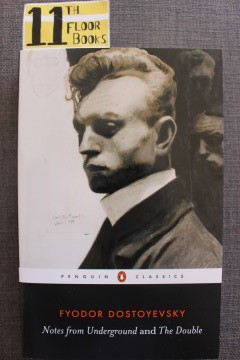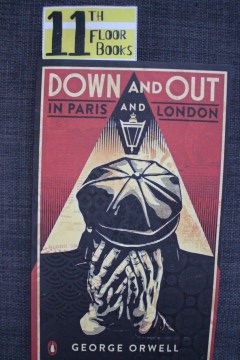The Snows of Kilimanjaro — written in 1938 — reflects several of Hemingway’s personal concerns during the 1930s regarding his existence as a writer and his life in general. Hemingway remarked in Green Hills that „politics, women, drink, money and ambition“ damage American writers. His fear that his own acquaintances with rich people might harm his integrity as a writer becomes evident in this story. The text in italics also reveals Hemingway’s fear of leaving his own work of life unfinished.
In broader terms, The Snows of Kilimanjaro should be viewed as an example of an author of the „Lost Generation“, who experienced the world wars and the war in Spain, which led them to question moral and philosophy. Hemingway, in particular, found himself in a moral vacuum when he felt alienated from the church, which was closely affiliated with Franco in Spain, and which he felt obliged to distance himself from. As a result, he came up with his own code of human conduct: a mixture of hedonism and sentimental humanism.
The Snows of Kilimanjaro
3,90 €
Na sklade
Book Details
| napísal | |
|---|---|
| vydavateľ | |
| rok vydania | 1977 |
| počet strán | 143 |
| obálka | mäkká |
| stav | 4 z 5 |






Recenzie
Nikto zatiaľ nepridal hodnotenie.